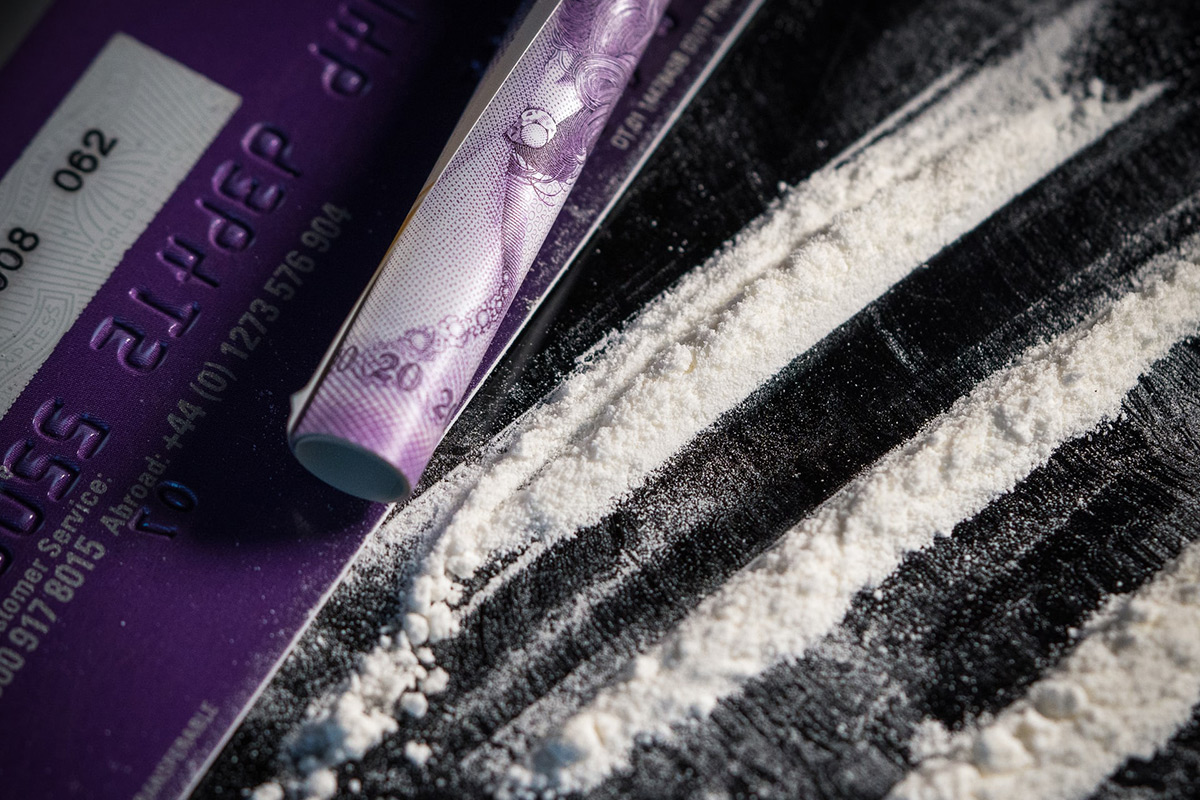Guy Stuff
How To Help A Family Member Deal With Addiction The Right Way
Addiction is a major issue in the United States affecting many families, friends, and relatives. It can be really hard watching somebody you care about struggling with addiction. Sometimes, even the addict themselves doesn’t know how to cope with their addiction. When somebody struggles with substance abuse or alcoholism it can be very trying on their family members as well. There are many strategies that can be implemented in the family dynamic to help addicts deal with their addiction.
1. Seek Professional Help
First and foremost, it is crucial that family members seek the advice of a professional when dealing with an addict in their life.
A lot of people think that once the detoxification phase is done and over with, everything can just go back to normal. Addiction is a chronic disease, and as experience has shown those at the Brookside outpatient treatment facility, it’s always best to make gradual changes in order to avoid relapses. This is because there are several factors in creating an addiction, and social circumstances, as well as family dynamics, can play a part in it.
That doesn’t mean someone is to blame. Even if you’ve done everything right, there still might be things that need to change at home in order to help your loved one.
2. Set Boundaries
Boundaries allow for healthy relationships between family members and addicts alike. These boundaries help ensure that the addict will not fall into relapse and also keep other family members safe.
Setting boundaries can give the addict incentive to get better instead of allowing them to push the limits of their family members. Without those, it can be easy to fall into enabling behavior which can set the addict back. Addicts can come up with a lot of excuses and justifications, and if their family members don’t set these boundaries and limits, they can very easily fall into that pattern of behavior.
You may sometimes feel like the family member you’re trying to help doesn’t really want to get better. And the truth is, in the beginning, most addicts don’t. But as they keep realizing they have to work within strict boundaries you’ve set, they will start to understand that there are no other options.
3. Take Responsibility
Guilt is a useless emotion. As family members, it’s easy to want to find someone to blame for everything because it can be hard to admit you might have had a part in it.
However, this is what addiction does. It makes both the addict and the people around them rationalize their behavior. So instead of looking for reasons why everything had to happen the way it did, recognize your part in the family dynamic and vocalize it. It’s the first step in figuring out how you can help your loved one today.
As hard as it may seem at times, true healing starts with taking responsibility so that everybody has a chance of moving forward and preventing this from happening again. It can also help you develop a stronger, closer connection within your family in the long run.
Above all, it’s important that you support your loved ones and show them how much they mean to you. Some people think if families try too hard to be too involved in addicts’ lives, they’ll enable them to get worse. However, the opposite is true. When someone feels truly supported by their family members and sees how much they care, it provides hope and something to look forward to. It’s important to remember that every individual is responsible for their own happiness, but family offers connections, support, motivation, and accountability when needed.


















Recent Comments